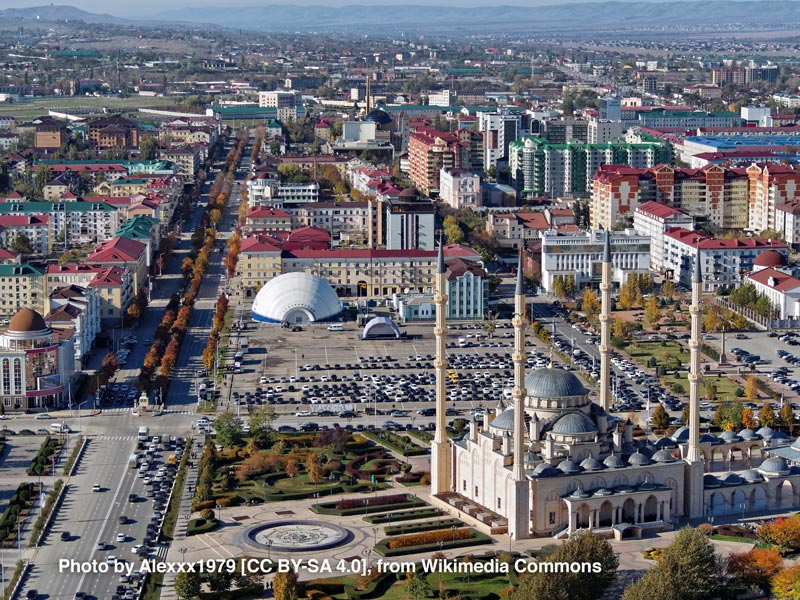Iraq’s Government Begins Formation Process

ICC Note: With Iraq’s May election results finally certified, the government formation process can finally begin and coalitions are already being negotiated. Iraq has not had a functioning government throughout the summer, deepening the vulnerability of the country’s Christians. Though the election results have been certified, many barriers remain which could prevent government formation in a timely manner.
08/22/2018 Iraq (Middle East Eye) – Iraqi political leaders agreed on Sunday on the formation of a cross-sectarian “core” political alliance that would begin the formation of a new government.
Shia cleric Muqtada al-Sadr, incumbent Prime Minister Haider al-Abadi, Shia cleric Ammar al-Hakim and representatives of the mostly Sunni al-Wataniya political coalition met in the Babylon Hotel in Baghdad to push forward talks on forming a new government, following the long-delayed ratification of the 12 May election results earlier on Sunday.
In a statement released following the discussions, the group announced their intention to build an alliance that was “cross-sectarian and refuses partisanship in all of its forms”.
“In a national Iraqi decision springing from the interest of our country, and responding to the demands of the people, we agreed today to form the core of an alliance that will seek to form the parliamentary bloc that can form the government,” it read.
It added that the new group would “seek to seriously and actively contribute to forming a government that works… to provide services, rebuilds, return IDPs [internally displaced persons], fights corruption, and holds the corrupt accountable”.
The creation of a new government in Iraq has been delayed since May, when the results of the parliamentary elections were fiercely disputed, leading to a manual recount of votes. No government could be formed until the result were ratified.
The Sairoun Alliance, backed by Muqtada al-Sadr, took the largest number of seats (54) in the election after running on an anti-sectarian, anti-corruption platform.
Despite this, the alliance agreed upon on Sunday falls short of having a majority.
The second largest party in the elections was the Fatah Coalition, composed of supporters and members of the Iran-backed Hashd al-Shaabi militias.
Along with the State of Law coalition, led by former Prime Minister Nouri al-Maliki, Fatah have reportedly formed a separate political bloc vying to be allowed to create the next government in Iraq.
…
[Full Story]For interviews with Claire Evans, ICC’s Regional Manager, please contact Olivia Miller, Communications Coordinator: [email protected].
